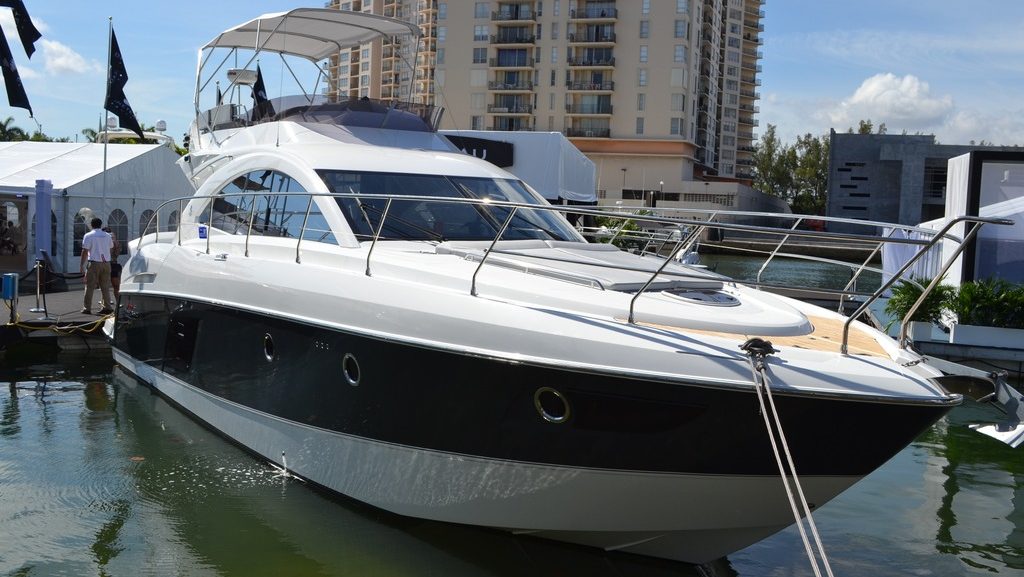Over the last few years, I have often met boat owners who want to give up their boats, simply because they bought the wrong one. Consequently, after several years they find that they haven’t used their boat much, haven’t maintained it regularly and the value of their investment has gone down significantly. To avoid this depressing (and highly expensive) situation and choose the right boat, I suggest you follow these three tips prior to buying your boat: 1) determine your needs, 2) set a budget and 3) be informed.
*In Quebec, the average usage for a boat engine is 70 hours per season.
1- First determine your needs
“Don’t buy a boat you like, buy a boat that fits your needs … Buy a boat with confidence and save money.” Doug Dawson
As with any big project, knowing what you want is the first step to making the wisest choice. The same holds true when buying a boat.
To properly determine your needs, you must first identify, envision or even imagine the time you will set aside for it and the nautical activities you will want to enjoy with your family, your friends and maybe even friends-of-friends. In addition to helping you choose the type and model of boat you want, this first consideration will allow you determine the number of people you will share your recreational time with, the body of water you will be on, and the size of your future boat.
The recreational boating and watersport industry has changed a great deal. Today, most builders offer boats that are simultaneously specialised, varied and multifunctional. Whether your main activity is fishing, diving, water-skiing, surfing, sailing, snorkelling, short or long cruising, jet skiing or a combination of several of these activities, there is a boat out there that will fit your needs!
So, take the time to figure out what you want so that you can select a boat that satisfies your needs.
2- Set a budget
Buy a boat that you can afford… There are boats for all budgets!
Whether you decide to dip into your savings or take out a loan, it is important to set a budget and define the amount you wish to spend on a boat. The more defined and precise your budget, the better your chances of following it. I therefore recommend meeting with your financial advisor in order to determine your financial ability and understand existing market conditions. It would also be wise to plan ahead and get a preapproved loan before even starting to shop. That way you will protect and more easily respect your initial budget when the time comes to make your purchase.
An operating budget for using your boat should be added to your purchase budget. Among the major expenses to be considered are cost and fuel consumption*, insurance fees, marina fees (if applicable), boat and engine maintenance and winter storage costs. You can get more information on such expenses by consulting a boat broker, a boat dealer, a specialised resource person or a marina manager directly.
3- Be informed
At this stage of the process, now that you know your requirements and your budget, you should specify your plans. You will still have many questions to resolve, including:
— Which boat models best satisfy my needs?
— Is my budget realistic?
— Should I buy new or used? From an individual or a dealer?
— What engine should I get? Outboard or inboard/outboard? Gas or diesel?
— Are some brands of boat better than others? If so, what makes them different?
— What would be the resale value of my boat?
You can collect most of the information you need through the Internet: all builders provide information on their models and new products. You just need to find their websites. In addition, several independent, specialised sites will help you learn about the features (and defects) of certain models and will answer some of your questions regarding specs, the recommended engine and test boat performance. The Internet is an absolute must when you need to compare boat models and understand the recreational boating market.
Do you want to research further and check what you’ve learned? Consult a professional in the field such as a boat broker or reputable boat dealer. These are skilled resources qualified to identify your needs and provide objective advice that fits your budget.
Conclusion
Buying a boat is a significant investment. In order to choose the right model and make the most of your investment, it is absolutely essential that you know your needs, set a budget that matches your financial situation and be informed. Do your homework and be well prepared to select and purchase your boat.

